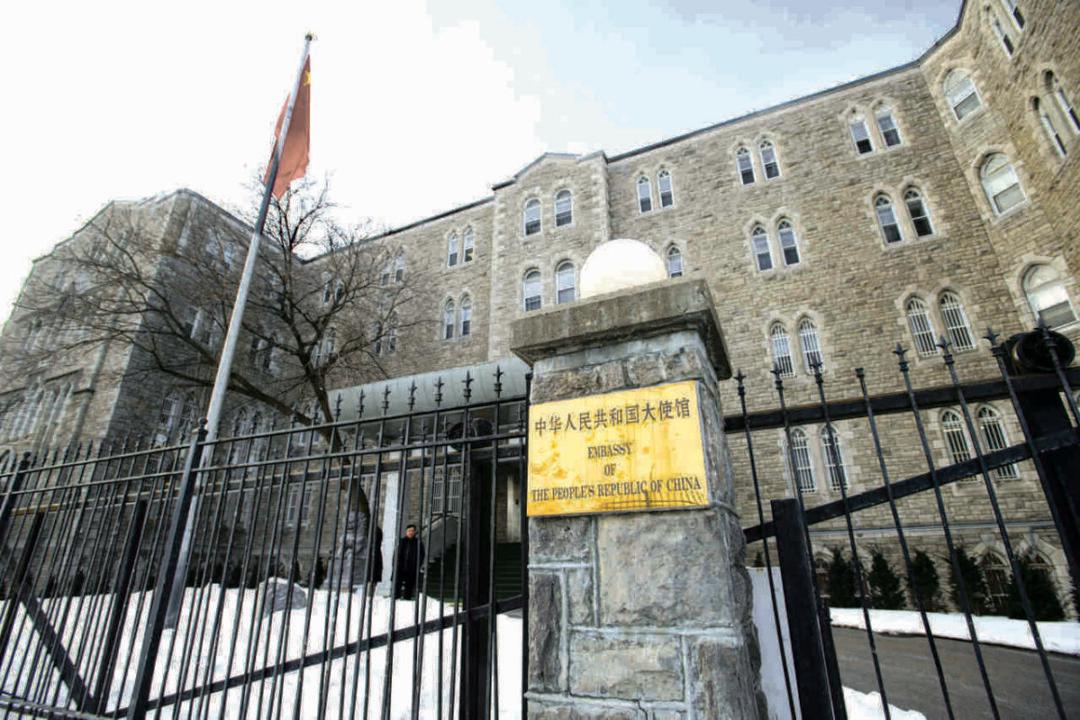Commentary
For more than 25 years of writing columns and making media appearances, I’ve often discussed the importance of controlling the political narrative. It’s a key component for successful governments, and an art form unto itself.

For more than 25 years of writing columns and making media appearances, I’ve often discussed the importance of controlling the political narrative. It’s a key component for successful governments, and an art form unto itself.